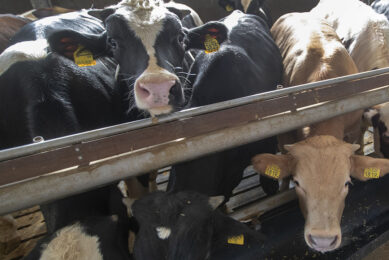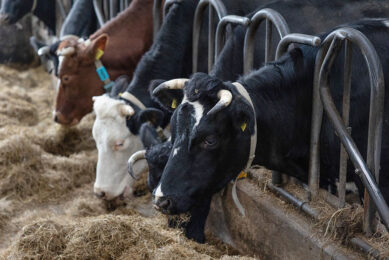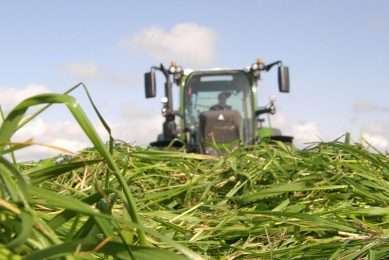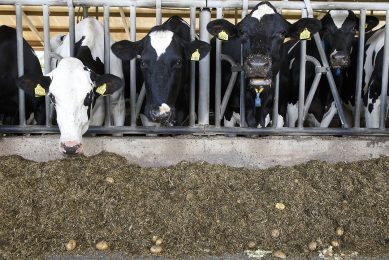NEXT Enhance®300 presented at ANEMBE conference
Research from CaroTech® (Carotenoid Technologies S.A.) together with University of Leeds, United Kingdom and the University of Ljubljana, Slovenia was presented at 2009 ANEMBE conference in La Coruña, Spain on no milk tainting by ingredients of NEXT Enhance®300.
Researchers from three sites in Spain, United Kingdom and Slovenia commissioned by CaroTech® presented their findings in an oral speech at the National Spanish Association of Specialists in Ruminant Veterinary Medicine (ANEMBE) held from May 6-9 in La Coruña, Spain.
Commercial additives based on plant extracts and their active components have been shown to improve dairy cow performance, but it has also been shown that milk produced as a result is often influenced by the flavour characteristics from the feed ingested by the animal. Milk is identified as one of the purest substances on earth, and any change in its smell or taste is seen by consumers as unacceptable.
Questions have been raised to the possible tainting of milk by "aromatic" plant extracts supplemented in the feed, and in particular, pungent components such as those from oregano, cinnamon, and garlic. Furthermore, when these products are registered as zootechnical additives under Directive 1831/2003, they must provide unequivocal evidence that they do not alter the state of the final food product.
Results from the scientific group revealed the absence of residues by HPLC analysis of milk from dairy cows fed a protein concentrate with a combination of cinnamaldehyde and garlic oil (300 mg/head/day of NEXT Enhance® 300). They concluded from their research that these active components do not affect milk quality from the form and the dosage they are fed to lactating dairy cows.











